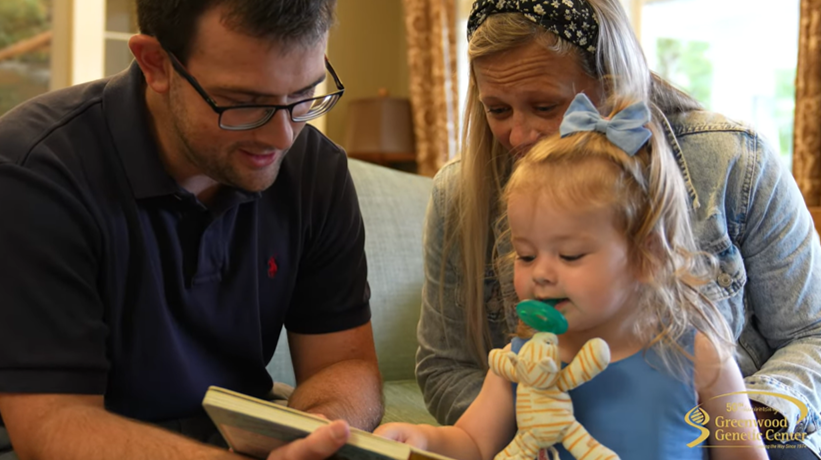Targeted Next Generation Sequencing (NGS) analysis for a specific variant previously identified in a family member. Use of NGS allows for the reporting of heteroplasmy level.
Note: This test may not detect variants with a heteroplasmy of less than 10%.
4 weeks
81403
$1,000
Mitochondrial disorders represent a clinically heterogeneous group of conditions caused by pathogenic variants in either nuclear or mitochondrial DNA (mtDNA). Some mitochondrial disorders affect a single organ while most involve multiple organ systems. Mitochondrial disorders may present at any age and often present with prominent neurologic and myopathic features. Mitochondrial disorders have variable penetrance and severity of symptoms depending on the level of mutant mitochondria, or heteroplasmy, within a given individual or tissue type.
Molecular testing is useful to confirm the diagnosis of a mitochondrial condition in a family member.
Next Generation Sequencing
Analysis for a familial variant can be performed using either Sanger sequencing or Next Generation Sequencing (NGS). Sanger sequencing is only able to detect levels of heteroplasmy above 20% while NGS can detect levels as low as 10%. For this reason, Sanger sequencing may be considered as a first step in evaluating for the presence of a familial variant. NGS testing may be reserved for those who appear to be affected or who would be expected to carry the familial variant, but have had negative Sanger sequencing results. As heteroplasmy levels vary from tissue to tissue, a negative blood test cannot completely rule out the chance that an individual carries the familial variant.
The preferred sample type is 3-5 ml of peripheral blood collected in an EDTA (purple top) tube. Extracted DNA and saliva are also accepted for this test. Saliva samples must be submitted in an approved saliva kit. Contact the lab to receive a saliva kit or to have one sent to your patient. Maternal testing is performed free of charge. Maternal sample can be banked upfront to allow reanalysis if a variant is identified in the patient, or a maternal sample can be obtained after a variant has been identified in the proband, at which time an updated report will be issued for the patient.
The specimen should be kept at room temperature and delivered via overnight shipping. If shipment is delayed by one or two days, the specimen should be refrigerated and shipped at room temperature. Do not freeze the specimen. Samples collected on Friday can be safely designated for Monday delivery.
Call our laboratory at 1-800-473-9411 or contact one of our Laboratory Genetic Counselors for assistance.
Robin Fletcher, MS, CGC
Falecia Thomas, MS, CGC
Alex Finley, MS, CGC
